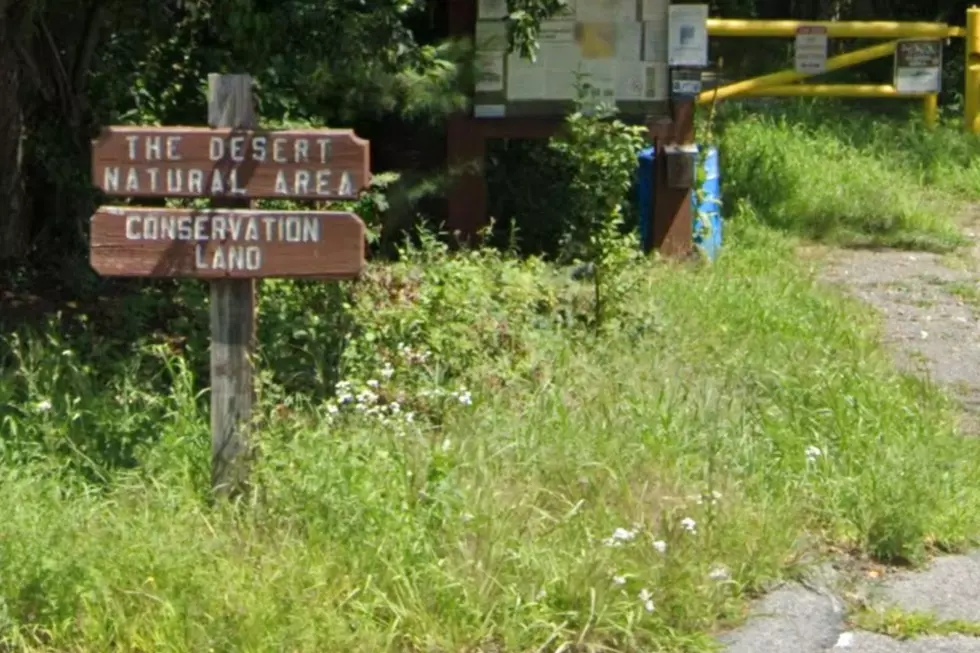
U.S. Army Corps of Engineers: Replace Bourne, Sagamore Bridges
CONCORD — The U.S. Army Corps of Engineers has announced it will hold five public meetings this month to provide its recommendation from the study on the future of the highway bridges spanning the Cape Cod Canal.
The meetings will be held on Cape Cod, the South Shore and in Boston, and will discuss the Cape Cod Canal Highway Bridges Major Rehabilitation Evaluation Study, which found the best option is to replace the aging bridges.
"Our recommendation, documented in the draft Major Rehab Evaluation Report, is to replace the Bourne and Sagamore highway bridges with new structures built to include the four authorized travel lanes and two additional auxiliary lanes designed as acceleration and deceleration lanes built to modern highway standards with appropriate bike and pedestrian access," said District Engineer Col. William Conde, who commands the U.S. Army Corps of Engineers, New England District.
The goal of the Major Rehabilitation Evaluation Report is to determine whether rehabilitation or replacement of either or both bridges will provide the most reliable, fiscally and environmentally responsible solution for future access across the canal to Cape Cod. The existing bridges were constructed 84 years ago and require increasingly more frequent repair and maintenance, which is costly and causes significant impact to traffic crossing over into Cape Cod.
The Corps will accept public comments on the recommendations in the draft bridge study through November 1.
At the end of the public comment period, the Corps will address issues raised by the public and finalize the documents leading to a decision. In conjunction with the public comment period the report will also undergo an independent external peer review by highly experienced members of the private and academia sectors before producing a final recommendation on whether to replace or continue to repair the Cape Cod Canal bridges. The Final MRER will be submitted to Corps headquarters in Washington D.C. for decision in February 2020.
"The bridge study will result in a Major Rehabilitation Evaluation Report that will evaluate the risk and reliability of the structures as well as the economic impacts/benefits of a number of alternatives including continuation of routine maintenance, major rehabilitation, and bridge replacement," said Project Manager Craig Martin, of the Corps' New England District, Programs and Project Management Division in Concord, Mass. The MRER is comprised of four elements: 1) structural risk and reliability analysis of the bridges; 2) cost estimates for rehabilitation and/or replacement alternatives; 3) economic benefits of the alternatives; and 4) environmental effects of the alternatives.
The major alternatives carried forward for full analysis in the MRER include: 1) No Action, continue to repair bridges as needed ("without project baseline"); 2) major rehabilitation of the current bridges as they currently exist with routine maintenance of the rehabbed bridges into the future; 3) replacement of each bridge with a new structure built to current authorization of 4 total lanes, brought to modern highway standards with appropriate bike/pedestrian access; and 4) replacement of each bridge with a new structure built to modern standards to include the 4 authorized lanes and two auxiliary lanes designed as acceleration/deceleration lanes (entrance/exit to local connecting roads) and with appropriate bike/pedestrian access.
At the public meetings, the Corps will provide an overview of the Draft MRER recommendations and Draft Environmental Assessment findings. The public will have an opportunity to ask questions and provide comments. At the four evening meetings registration will start at 6 p.m. There will be an open house from 6 - 6:30 p.m. with information posters and Corps subject matter experts on hand to answer questions. An overview of the study recommendations will begin at 6:30 p.m., followed by a question and answer session.
The Corps will accept public comments on the draft study through Nov. 1, 2019. Public comments can be submitted at the public meetings or online at: www.CapeCodCanalBridgesStudy.com. Written comments can be submitted to: U.S. Army Corps of Engineers, New England District, (Attn: Craig Martin), 696 Virginia Road, Concord, MA 01742-2751. Comments also can be emailed to nae-pn-nav@usace.army.mil.
Corps public meetings on the MRER bridge study are scheduled for:
-Wednesday, Oct. 16: Bourne High School auditorium, 75 Waterhouse Road, Bourne, Mass.
- Thursday, Oct. 17: Plymouth South High School Performing Arts Center, 490 Long Pond Road, Plymouth, Mass.
- Monday, Oct. 21: Thomas P. O'Neill Jr. Federal Building auditorium, 10 Causeway Street, Boston, Mass. Registration and open house at 1 p.m. Meeting starts at 1:30 p.m.
- Tuesday, Oct. 22: Nauset Regional High School auditorium, 100 Cable Road, Eastham, Mass.
- Wednesday, Oct. 23: Barnstable High School Performing Arts Center, 744 West Main Street, Hyannis, Mass.
The report includes analytical findings, a recommended plan of transportation improvements (short-term, medium-term and long-term), preliminary cost estimates for these improvements, and a comprehensive implementation plan for the recommended improvements.
More From WBSM-AM/AM 1420









